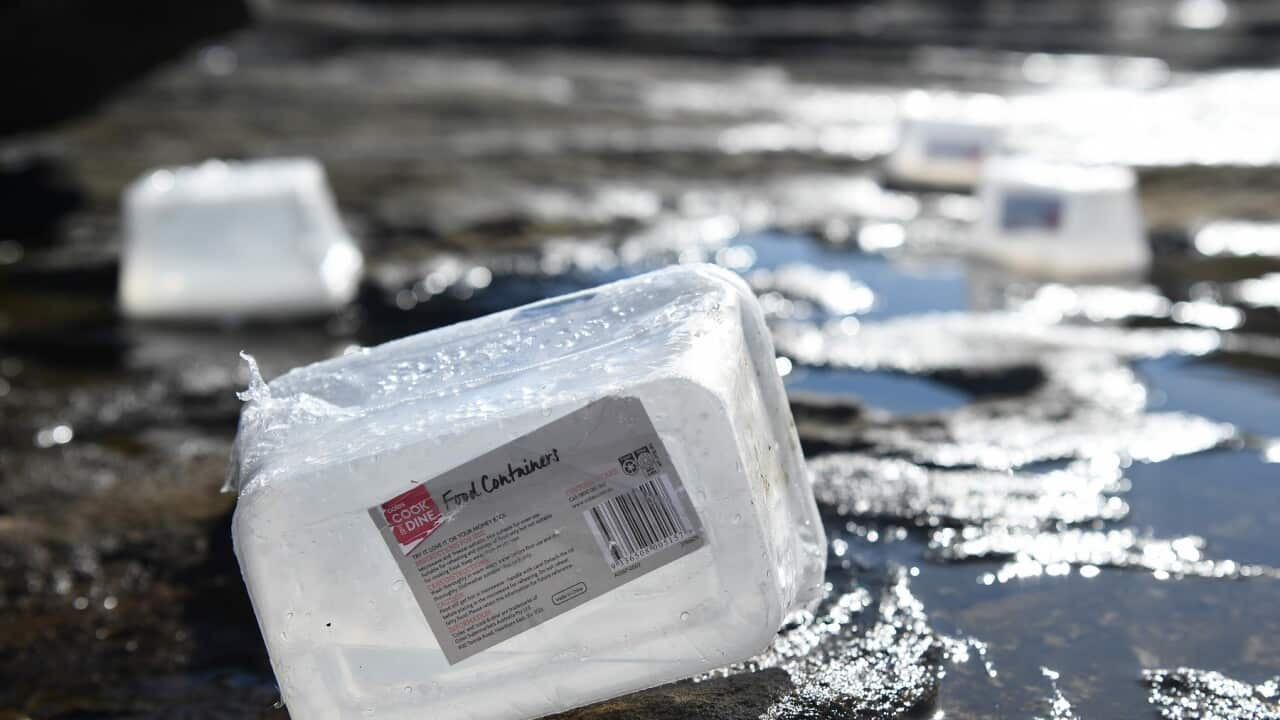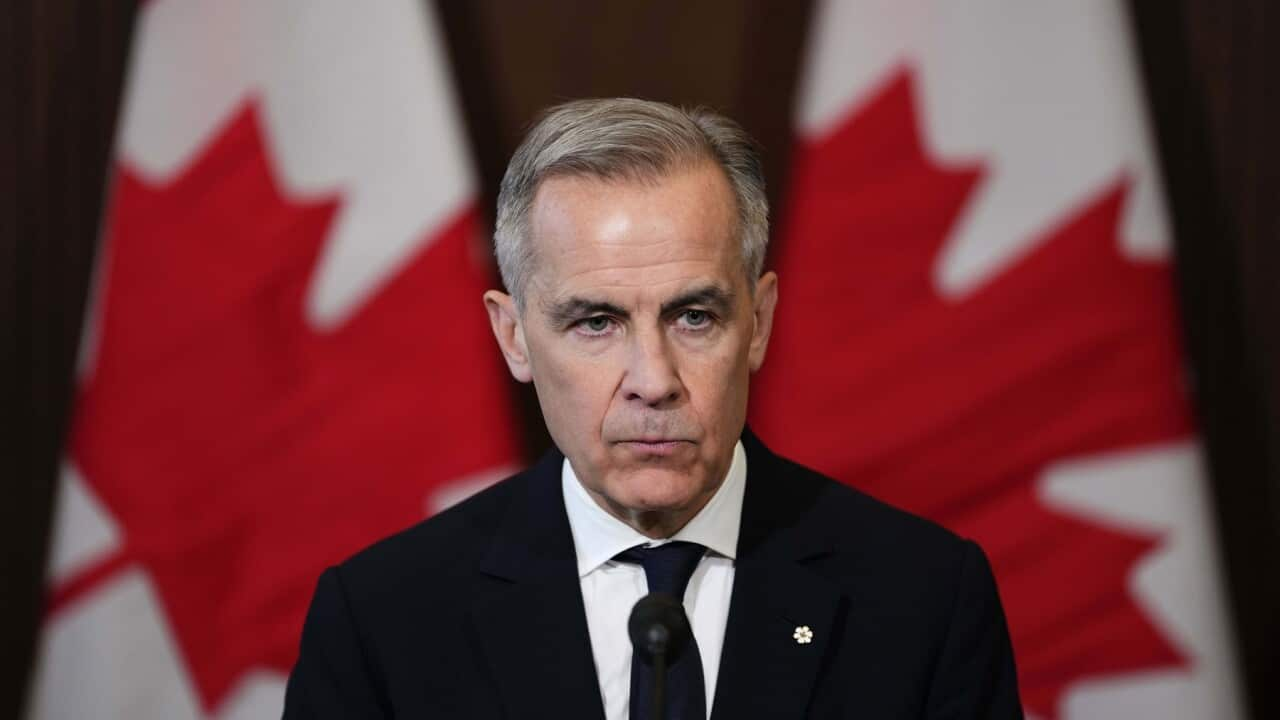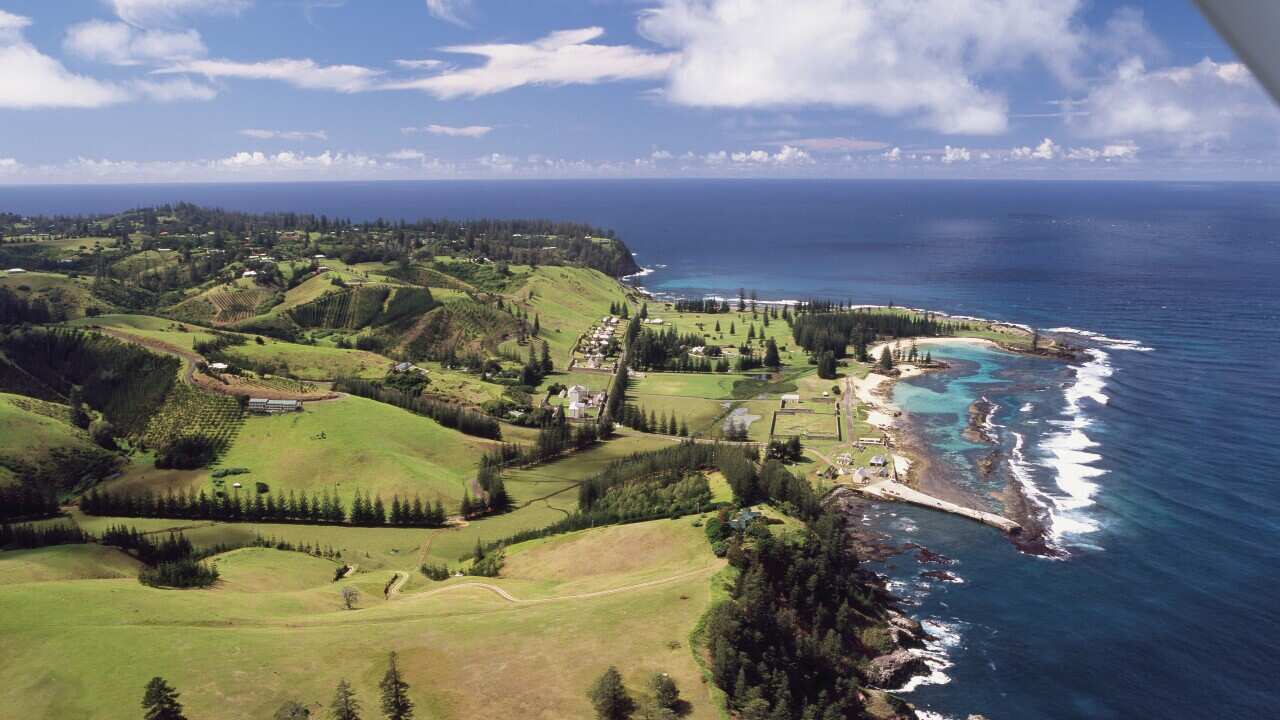TRANSCRIPT
Turkish and international cave rescue experts are working to save an American researcher trapped at a depth of more than 1,000 metres in a cave in southern Türkiye after he became ill.
Forty-year-old Mark Dickey became sick during an international expedition in Morca cave in the country's Taurus Mountains, within the Mersin province.
Dickey has gastrointestinal bleeding and has been unable to leave the cave on his own.
Croatian rescuer and head of the European Association of Cave Rescuers Dinko Novosel says that it will be a challenge to retrieve him.
"This is very complex cave rescue operation. I must say - still it's not over - and we cannot say that it's successful. When we get the victim out of the cave and when he is sent to hospital then we can say we have a successful rescue operation. But until now, there is no case in the world where we had a bigger cave rescue operation."
Novosel confirmed that the American researcher is in a stable condition.
He added that they managed to place a doctor at the cave site who was able to provide medication to Dickey, but pulling him out on a stretcher will be an enormous task.
"Now we can just confirm that logistics camp has been established in the mountain and already, doctor is, from Monday morning, in the cave, to provide all necessary medication and I can confirm that the situation with the victim is very stable. Still, he is not able to get out of the cave, but he is now in position to go with the stretcher. Until now, this option was not possible."
According to a New Jersey-based cave rescue group that has affiliation with Dickey, the researcher, who had been losing fluid from his stomach, is doing better, has stopped vomiting and has eaten for the first time in days.
The American has sent out a video message wher he talks about his experience as rescue efforts continue to help, saying he's alert even though he hasn't fully recovered from the stomach bleed.
Dickey has thanked the Turkish government for its swift response.
"Mark Dickey from nearly 1,000 metres. I want to thank everyone that’s down here and thank the response of the caving community. The caving world is a really tight-knit group and it’s amazing to see how many people have responded on the surface.
"We’re still waiting for communication to actually reach down here so right now it’s a day to two days worth of travel for information to get back and forth. So I don't quite know what's happened, but I do know that the quick response by the Turkish government to get the medical supplies that I needed in my opinion saved my life."
Communication takes about five to seven hours and is carried out by runners, who go from Dickey to the camp below where telephone lines have been set up to talk to the surface.
The New Jersey group says the cave is cold, about 4-6 degrees Celsius.
One of the rescue team members from Hungary has confirmed that Dickey's condition is improving thanks to the medical supplies provided to him.
"Hi, I’m (unintelligible) part of the Hungarian team. The first team arrived safely. We brought down doctor (unintelligible) and medical supplies. Also, thank you for the blood. We brought it down. Mark has been feeling much better ever since we administered all the fluids. We are fine. The second Hungarian team arrived as well safely. They are here."
The operation to bring him up from the depths involves rescue teams from Bulgaria, Croatia, Hungary, Italy, Poland and Türkiye.
Experts say the rescue operation could take days or even weeks depending on the conditions.
But Dickey doesn't seem to be letting his misfortune weigh on him and remains in good spirits.
"I'm up, I'm alert, I'm talking. But I'm not healed on the inside yet so I’m going to need a lot of help to get out of here. This is often in the caving world, a great opportunity to show just how well the international world can work together. So I'm hoping to see many people from many countries all coming together. We take care of our own. And it’s really special to be taken care of."













